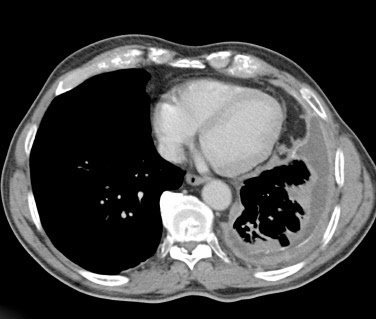Malignant mesothelioma or asbestos cancer is most often diagnosed after a person goes to a doctor because of symptoms.
If there is a reason to suspect you might have mesothelioma, your doctor will use one or more tests to find out. Symptoms might suggest that the problem could be mesothelioma, but tests will be needed to confirm the diagnosis.
Medical history and physical exam
If you have any signs or symptoms that suggest you might have mesothelioma, your doctor will want to take a complete medical history to learn about your symptoms and possible risk factors, especially asbestos exposure. You will also be asked about your general health.
A physical exam can provide information about possible signs of mesothelioma and other health problems. Pleural mesothelioma can cause fluid to build up around the lungs in the chest (called a pleural effusion). In cases of peritoneal mesothelioma, fluid can build up in the abdomen (called ascites). In pericardial mesothelioma, fluid builds up in the sac around the heart (called a pericardial effusion). Rarely, mesothelioma can develop in the groin and look like a hernia. All of these might be found during a physical exam, such as when the doctor listens to these areas with a stethoscope.

If mesothelioma is a possibility, tests will be needed to make sure. These might include imaging tests, blood tests, and other procedures.
Imaging tests
Imaging tests use X-rays, radioactive particles, or magnetic fields to create pictures of the inside of your body. Imaging tests may be done for a number of reasons, including to help find a suspicious area that might be cancerous, to learn how far cancer may have spread, and to help determine if treatment has been effective.
Chest X-ray
This is often the first test done if someone has symptoms such as a constant cough or shortness of breath. It may show an abnormal thickening of the pleura, calcium deposits on the pleura, fluid in the space between the lungs and the chest wall, or changes in the lungs themselves as a result of asbestos exposure. These findings could suggest a mesothelioma.
Computed tomography (CT) scan
The CT scan is an X-ray test that produces detailed cross-sectional images of your body. Unlike a regular X-ray, a CT scan creates detailed images of the soft tissues in the body.
